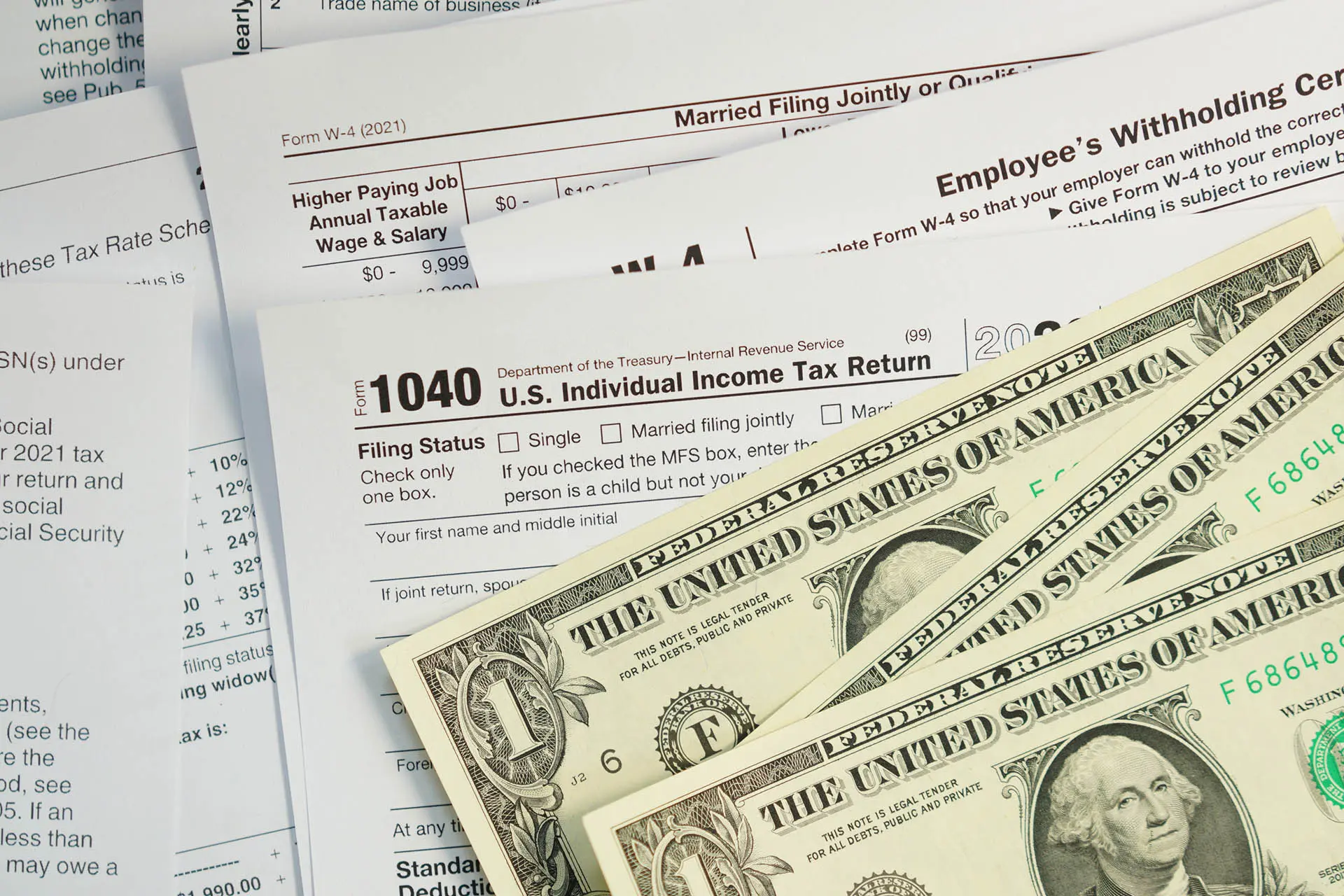A newly implemented tax law signed by President Donald Trump is poised to deliver a windfall to content creators, including podcasters, influencers, and adult performers, by extending a tipped income tax deduction to their earnings.
The Treasury Department issued guidelines in July clarifying that the administration’s tax overhaul, which makes tips tax-free up to $25,000 annually, applies to online creators. The move expands a policy once aimed at service workers in restaurants, hotels, and entertainment venues into the fast-growing content industry.

For Houston-based dominatrix and OnlyFans performer Katherine Green, who goes by “Mistress,” the change came as a surprise. “It’s really exciting news,” she said. “It was a surprise. I now hope to get a decent-sized tax break.”
According to a 2024 Creative Class Group study, more than a quarter of large U.S.-based influencers, those with at least 100,000 followers, reported earning tips. The new deduction could boost the role gratuities play in creator compensation, potentially reshaping how online personalities structure their income.
Daniel Abas, president of the Creators Guild of America, called the change “a huge win” for creators.
“It will have a very strong economic impact for creators, particularly earlier in their careers,” he said.
The policy also reflects the growing influence of the creator economy in U.S. politics. Both Trump and Democratic challenger Kamala Harris heavily courted digital influencers during the 2024 election, appearing on podcasts and granting convention credentials to social media personalities. Since taking office, the Trump administration has established a “new media” seat in the White House briefing room and regularly hosts online creators.
“This is a way of appearing friendly to a group the administration probably would like to have a relationship with,” said Jeffrey Harden, a political science professor at the University of Notre Dame.
Analysts note that adult content creators, who rely heavily on tips and custom gratuities on platforms such as OnlyFans, stand to benefit significantly.
Tax adviser Katherine Studley, who specializes in preparing returns for adult performers, said the inclusion of creators “is a huge win for the adult segment of the market,” especially given the Trump administration’s alignment with social conservatives.
The Treasury guidance does not explicitly identify adult performers, but tax lawyers said nothing currently excludes them. The law’s reference to “customarily tipped” professions includes dancers, which some interpret as covering strippers and erotic performers.
The expansion could prove costly. Congress estimated the tipped income tax break would cost $32 billion over four years, but extending it to millions of online creators could raise that figure.
Defining what constitutes a tip in the digital space is also fraught. Payments made voluntarily above subscription fees or one-time content sales would qualify, but attempts by creators to reclassify structured payments as “tips” could attract IRS scrutiny.
“I think that will be a thorny issue with implementation,” said Alex Muresianu, a senior policy analyst at the Tax Foundation. “The tax structure could reshape compensation substantially, leading to changes in behavior and also a higher fiscal cost.”
The provision, capped at incomes below $150,000 and phasing out at $400,000, is temporary and set to expire after 2028. Still, observers say it underscores how much weight the creator economy now carries in Washington.
As a reminder, if you have specific tax questions, please speak to a qualified tax advisor, like a CPA.